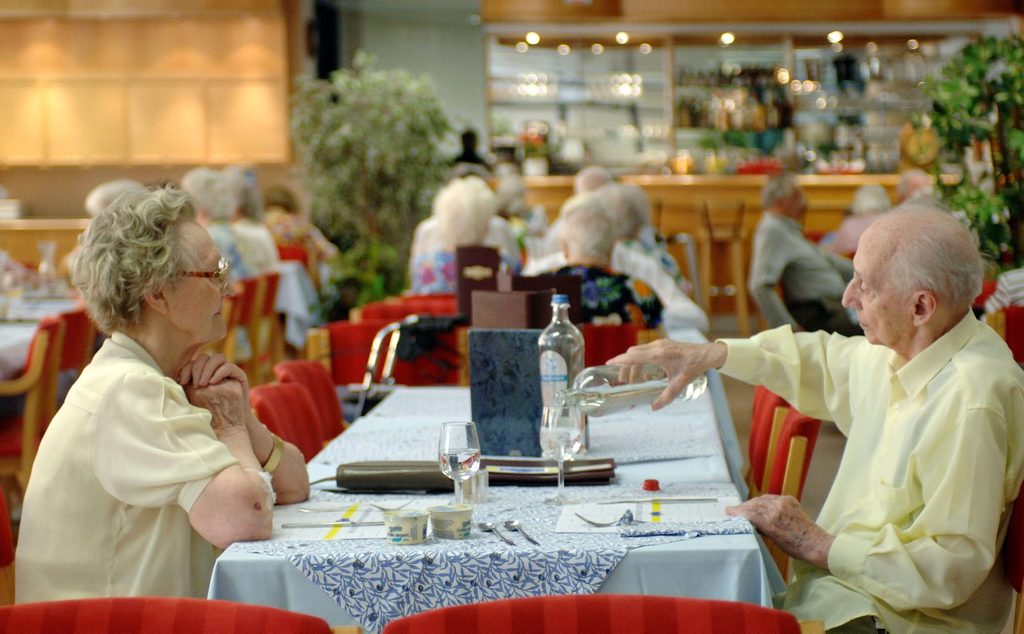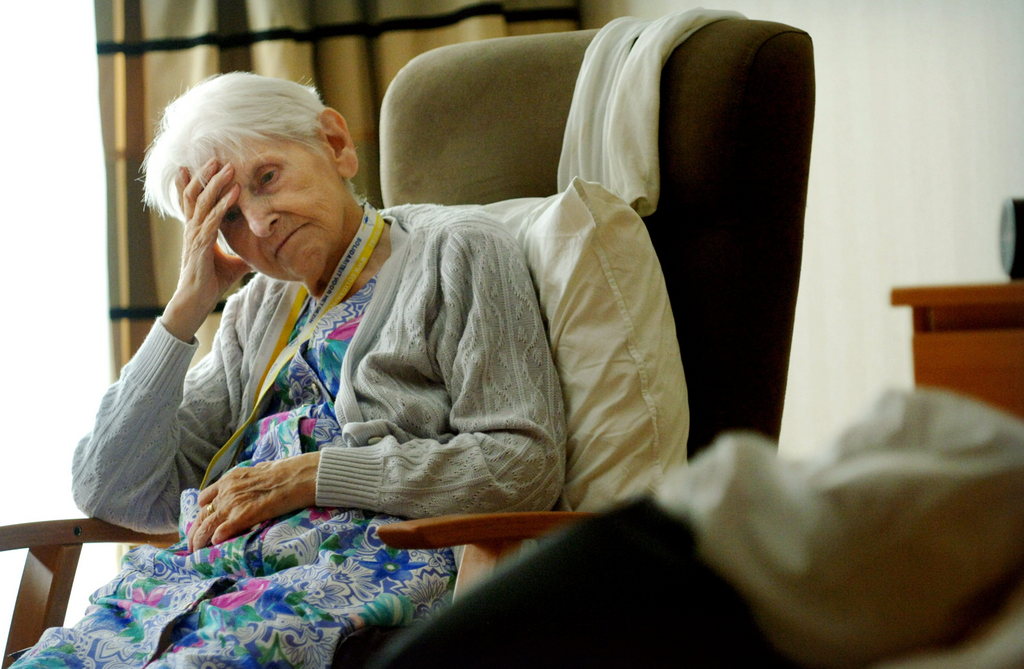Nowhere in Western Europe has loneliness among elderly people increased as sharply as it has in Belgium since the Covid-19 pandemic, according to a study from the scientific journal Archives of Gerontology and Geriatrics from earlier this year.
The effects of the Covid-19 pandemic are still being felt in society, especially among vulnerable groups such as the young and the elderly. Loneliness among people living alone over the age of 65, for example, has increased sharply, revealed a study by sociologist Katrijn Delaruelle (UGent) in collaboration with the University of Antwerp and Erasmus University Rotterdam.
"We focused on people over 65 living alone because we expected them to be doubly vulnerable," she explained on Flemish radio. "First of all because of their age: during the pandemic, they were advised to go into social isolation. And because they live alone, they are additionally at risk of loneliness."
Since the Covid-19 pandemic, loneliness has risen particularly sharply in Southern Europe, notably Greece, followed by Italy and Malta. Belgium ranks fourth, making it the worst-scoring country in Western Europe: one in three Belgian elderly people living alone said they are lonelier now than before the pandemic.
Fast-changing society
The fact that southern European countries in particular score high is related to the family culture that is central in those countries, according to the researchers. "For example, they expect to see or hear their children every day. Because of the pandemic, that was impossible," said Delaruelle.
However, as those family expectations in Western Europe tend to be different, that does not explain the rise in Belgium.
"In our opinion, this loneliness is linked to a number of social factors and policy choices," Nils Vandeweghe of the Flemish Council for the Elderly, told VRT. "If Flanders cuts De Lijn's buses, if ATMs and physical shops disappear, if home care has to make do with fewer resources, then we should not be surprised that some people are left alone."
While Sweden and the Netherlands score similar to Belgium, neighbouring countries Luxembourg, France and Germany do slightly better: about 20% of elderly people say they have become lonelier since the pandemic. The best-scoring countries are Estonia, Lithuania and Bulgaria.

Credit: Belga/Michel Wiegandt
While the isolation measures associated with Covid-19 have all been lifted, loneliness among elderly people living alone has increased because the pandemic has greatly accelerated a number of social changes, Vandeweghe explained.
"In terms of digitalisation, in terms of digital services, in terms of things in the neighbourhood being replaced, for example," Vanderweghe said. "Especially in old age, when you become less mobile, that close environment is very important."
Delaruelle also explained the distinction between the objective fact of someone living alone and the subjective feeling of loneliness. "Loneliness is a subjective experience. You can feel lonely even if you have a large social network, for example, because you are not satisfied with the quality of relationships you have with others."
The Elderly Council said that this is very recognisable: many elderly people do not really feel heard or listened to. "There is a difference between small talk and a real conversation. Many projects on loneliness focus only on the former. The focus is on the social aspect of loneliness, but loneliness can also be emotional, and even existential."
Related News
- Many elderly people in Belgium are still digitally illiterate
- EU awards literature prize to Croatian author for book on loneliness
- Over half of Belgium's elderly feel lonely
Additionally, loneliness can have major health implications both mentally and physically, said Delaruelle. "It can lead to a lower quality of life and lower life expectancy. There is even a recent study showing that the effects of loneliness are comparable to smoking 15 cigarettes every day."
The good news, she underlined, is that there is an increasing focus on loneliness, and the World Health Organisation (WHO) has even recognised it as a major health risk. The European Commission President Ursula von der Leyen also cited it as an important concern, she added.
In Belgium, a loneliness plan has been in place for several years, focussing on awareness-raising and local initiatives in cities and municipalities, but for the Elderly Council, there is "too little structural policy."
"The Flemish Loneliness Plan is too focussed on stimulating those local projects. These are necessary and valuable, but they are sometimes only a drop in the ocean compared to major social evolutions," Vanderweghe said, adding that some countries, such as the UK and Japan, go even further and have a Minister for Loneliness – "definitely a good idea," Delaruelle said.

